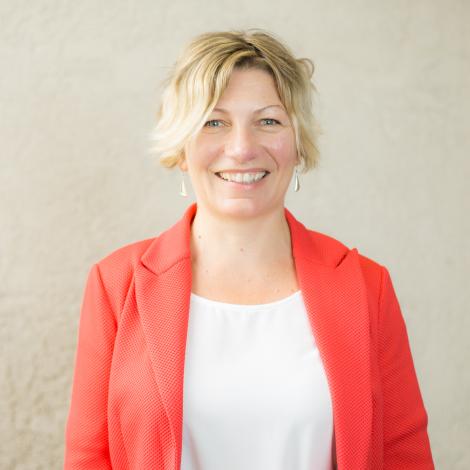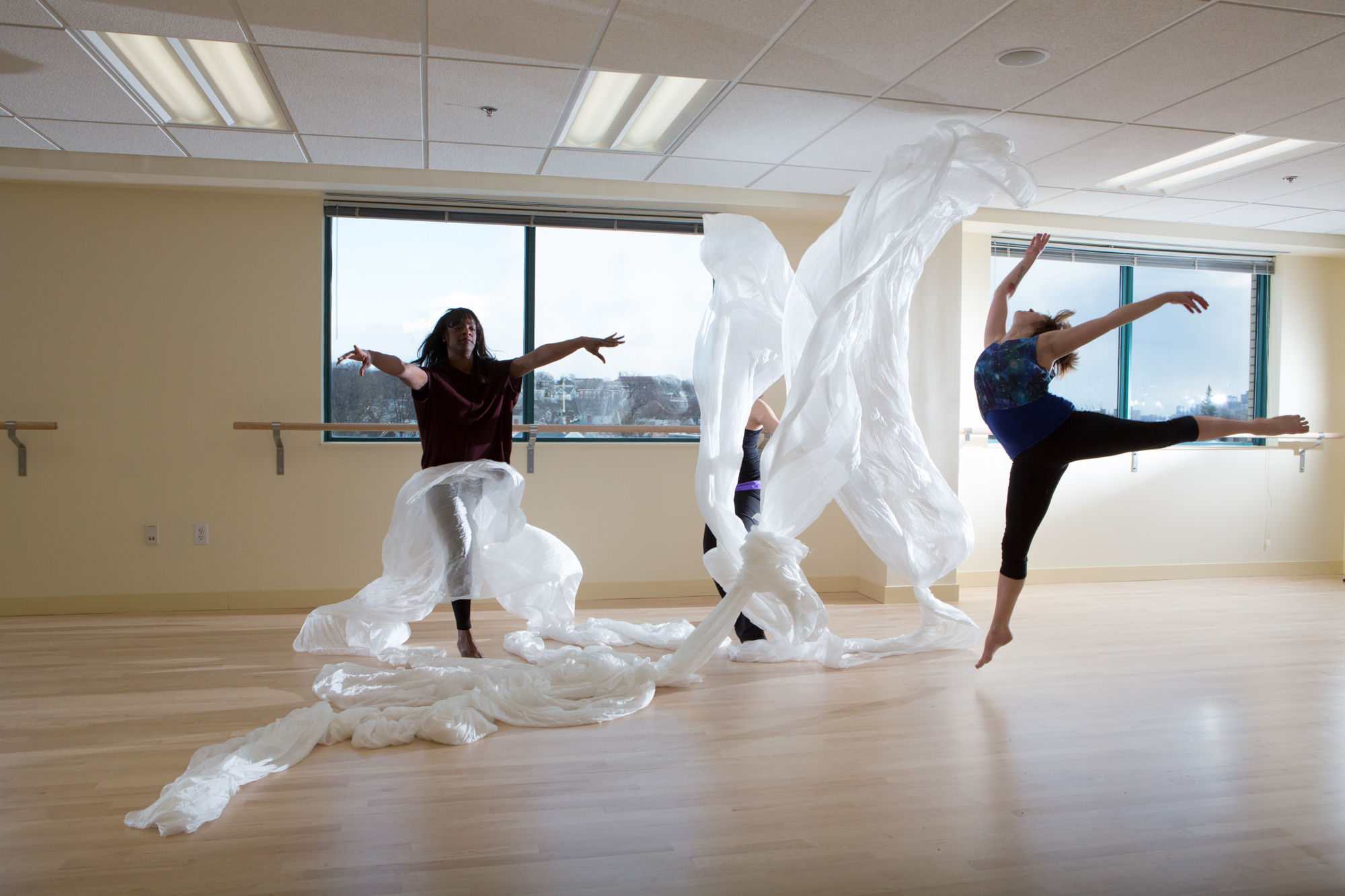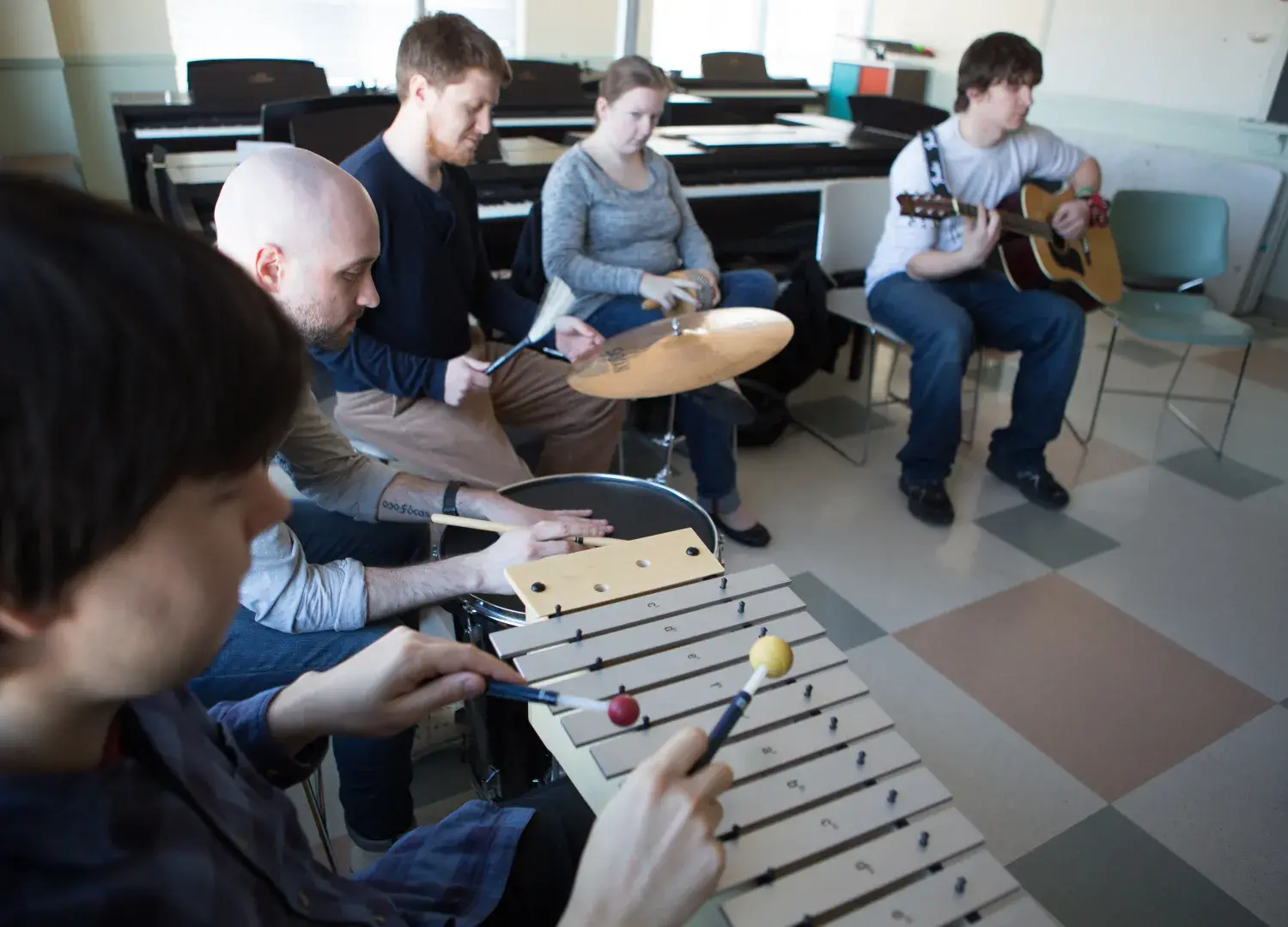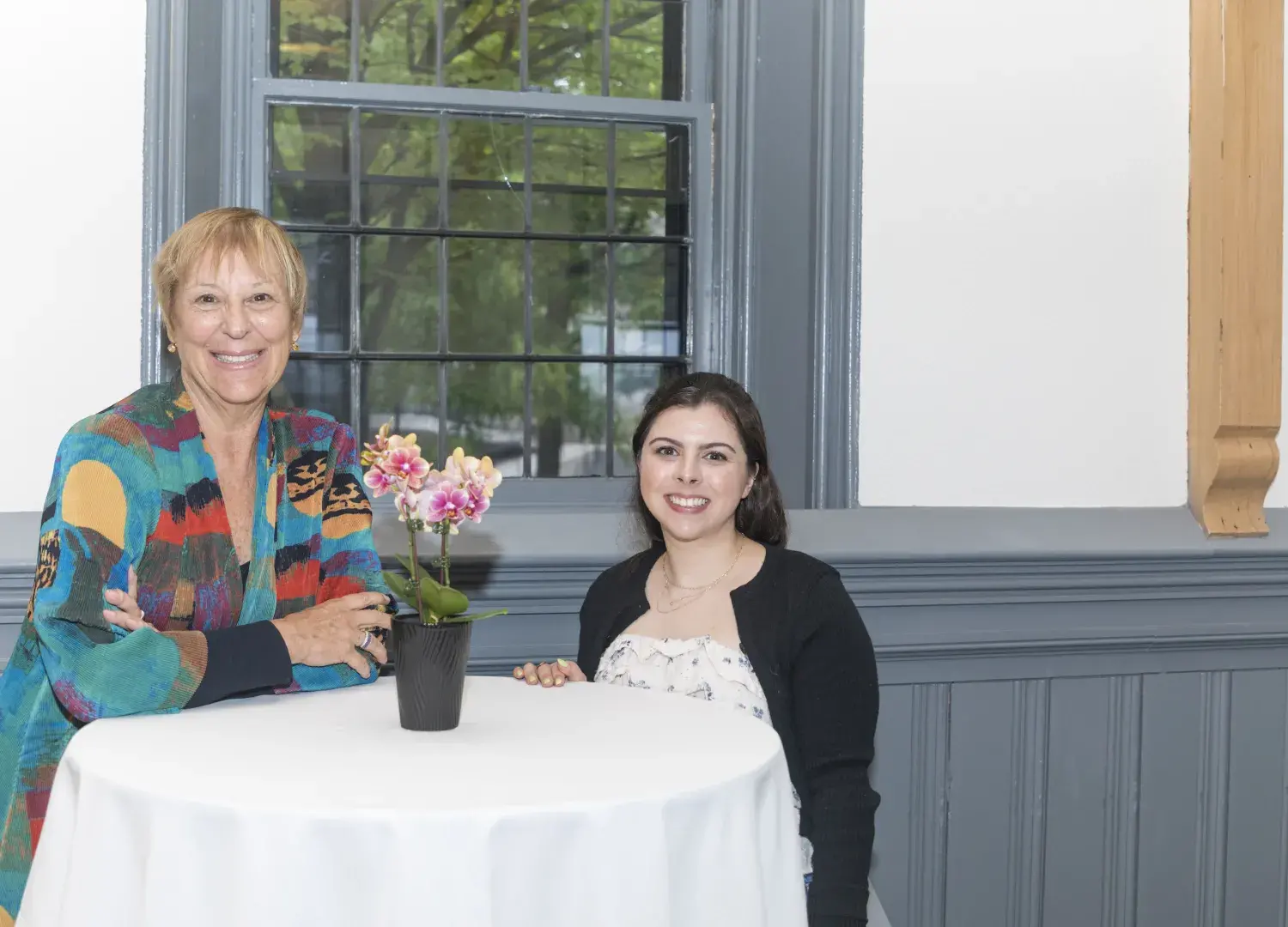Expressive therapies heal. Patients and practitioners have known this anecdotally and experientially for years, but the extent of empirical studies confirming the efficacy of music, drama, art, expressive arts and dance/movement therapies has been limited.
Until now.
Rebecca Zarate, associate professor of Music Therapy in our Graduate School of Arts and Social Sciences, spent the past two years working with nine other creative arts therapists around the world on a team research project, “From Therapeutic Factors to Mechanisms of Change in the Creative Arts Therapies: A Scoping Review.” The report, published in July in the journal Frontiers in Psychology, is the first comprehensive study of how expressive therapies bring about change.
Groundbreaking, global report
The publication of the 56-page review was part of the journal’s special edition on arts in health, and the study was discussed earlier this week at the “The Future is Unwritten: Health Arts New York” conference, sponsored in part by the World Health Organization (WHO), in a virtual session.
“The arts have really helped people through an awful, awful situation,” says Dr. Zarate, referring to the global Covid pandemic, which also prompted an online collaboration of expressive therapists, also known as creative arts therapists. “This study is literally the first of its kind. It shows not just how expressive therapies create change but also why.”

Working with Hod Orkibi ’11, who earned a doctorate in our Expressive Therapies program, and former Lesley faculty member Nisha Sajnani, Zarate and other co-authors “launched” the study at the virtual event. She predicted the study was “absolutely going to be the strongest evidence the WHO can lean on” regarding the efficacy of expressive therapies.
The other co-authors are: Martina de Witte of the Netherlands; Vicky Karkou, United Kingdom; Bani Malhotra, Drexel University; Rainbow Tin Hung Ho, Hong Kong; Girija Kaimal, Drexel University; Felicity A. Baker, Norway and Australia; and Sabine C. Koch, Germany.
Stumbling blocks
The road to publication was arduous, necessitating the examination of more than 3,000 studies of the effects of expressive therapies on patients. But the process began with an in-person meeting of a five-person core group.
“This was born literally with the five of us meeting at the European Consortium for Arts Therapies Education,” Zarate says. “It literally started on napkins at dinner.”
But there was a hiccup: During the project, a number of the co-authors, and Zarate herself, contracted Covid at various times. Yet they continued, undeterred.

“My studio at home just had papers everywhere just making all these connections,” Zarate says with a battle-weary laugh.
Expressive therapies benefits
However, the spoils of victory, Zarate says, will create the pathway for rigorous and repeatable scientific studies of how expressive therapies create change.
In her discipline of music therapy, Zarate explains, the act of music-making encourages clients to engage in dialogue.
Art therapy enables people to address material that might be too painful to talk about, expressing concepts through metaphor and image that can make them understandable regardless of language and culture.
Dance/movement therapy brings a focus to participants’ embodied experiences, transforming their relationship to the world through movement.
Drama therapy allows participants to enter a dramatic reality, with the opportunity to explore different ways of being and understanding their experience.
And expressive art therapy looks at the interconnectedness between art forms and the vital role of creativity in transformation.
Lesley is unique in offering expressive therapies education at the undergraduate, master’s and doctoral levels, with the five professions, or specializations.
“Change-process research is crucial to the advancement of creative arts therapies,” Zarate says. “It has the potential to change the way we think about practice and how we think about pedagogy.”
Zarate and her collaborators will present their study worldwide over the next year, including to the Australian Music Therapy Association, the American Music Therapy Association, the 2022 European Consortium for Creative Arts Therapies Educators where they will teach a master class.

